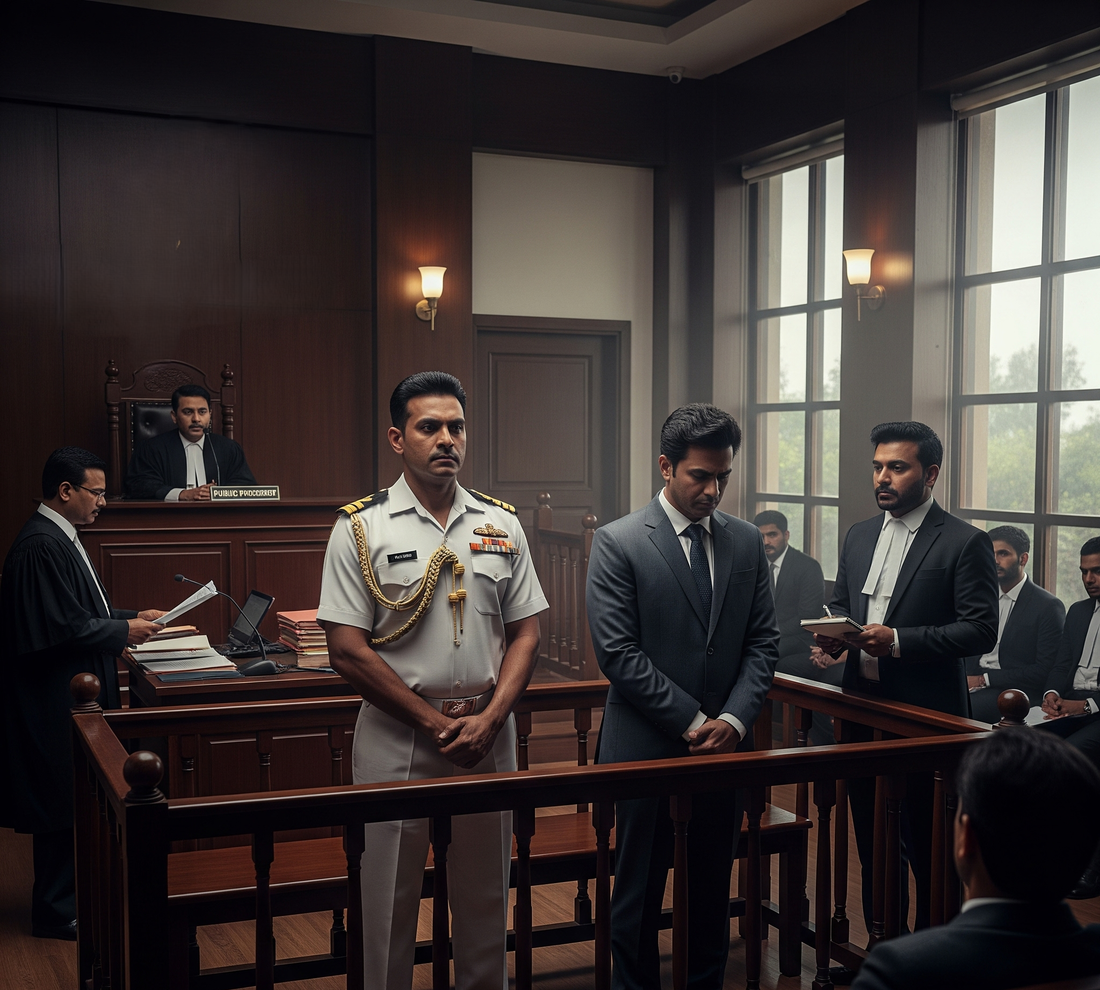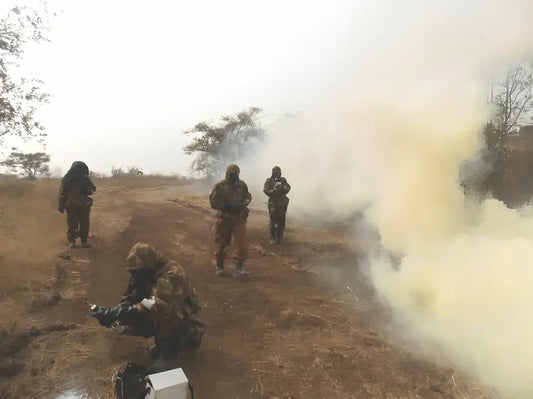Navy Recruitment Scam: CBI Court Convicts Ex-Commander, Coaching Centre Owner 15 Years Later

Fifteen years after a recruitment scandal rocked the Navy, a special CBI court has sentenced a former Naval commander and a coaching center owner for their roles in leaking the Western Naval Command’s Lower Division Clerk (LDC) exam paper in 2010.
Commander Ramesh Chand Saini, who was stationed at INS Angre and served as the president of the Western Naval Command’s recruitment board, along with Rambir Singh Rawat, the owner of Manasa International Academy in Visakhapatnam, were found guilty of conspiracy and criminal misconduct by the court.
Both individuals received a sentence of three years' rigorous imprisonment and a fine of ₹50,000 each. If they fail to pay the fine, they will have to serve an additional month of simple imprisonment. However, they were acquitted of charges related to cheating, forgery, and using forged documents.
The Case
The scandal unraveled following a CBI raid at United Lodge near Crawford Market, Mumbai, just before the LDC exam on September 26, 2010. Investigators discovered question papers that matched those prepared by Saini in both content and order.
The court determined that Saini had exclusive control over the exam paper, which he transported on a pen drive to Pune for printing at Atharva Consultancy and Allied Services. Witnesses from the printing press testified that the printing was conducted under his direct supervision.
Rawat, who operated the Visakhapatnam coaching center, distributed the leaked papers to candidates, with identical copies later being confiscated from his academy.
Acquittals
Four others — Ram Chandra Naik, an administrative officer at the Naval Dockyard in Mumbai; Hoshiar Singh Rawat, a farmer from Haryana; D Srinivasa Murthy, an administrative officer at the Eastern Naval Command, Visakhapatnam; and Kuldeep Kumar, a private sector employee from Bihar — were acquitted.
Special CBI judge Amit V Kharkar noted that the prosecution failed to prove their involvement beyond a reasonable doubt, mentioning gaps in the evidence chain and the death of Atharva Consultancy’s proprietor before the trial.
The court concluded that although Saini and Rawat acted with a dishonest intention to deceive the Indian Navy and the public, the benefit of doubt should be extended to the other accused.



















